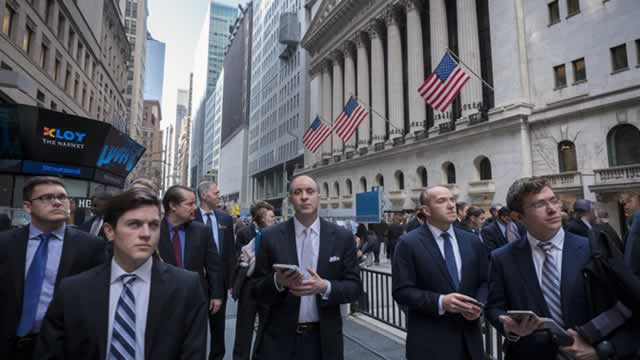FDC’s Fungaroo Exposes NRM’s Urbanization Push as a Vote-Buying Scam
Former Obongi County Member of Parliament, Hon. Kaps Fungaroo, has voiced his skepticism about the NRM government’s push for urbanization and the elevation of municipalities to city status.
Appearing on a national television in a political talkshow, the FDC legislator criticized the government’s motives, alleging that the urbanization efforts are primarily a political tool used to…
manipulate voters and secure support in upcoming elections. Fungaroo argued that the ruling party’s focus on creating new cities is simply a ploy to win over urban residents and consolidate power.
He pointed out that many of the proposed city locations lack the necessary infrastructure and resources to support such a transition, raising concerns about the feasibility and sustainability of the government’s plans.
Fungaroo emphasized the need for a more comprehensive and inclusive approach to urban development, rather than rushed and politically motivated decisions that could ultimately harm communities.
His remarks have sparked a debate within the political sphere, with supporters and critics weighing in on the implications of the government’s urbanization agenda.
How This Will Affect Me:
As a citizen, the expose on NRM’s urbanization push sheds light on the potential motivations behind government initiatives. It serves as a reminder to critically assess political narratives and understand the implications of urban development decisions on local communities. This awareness can empower individuals to advocate for sustainable and inclusive urban planning that prioritizes the well-being of all residents.
How This Will Affect the World:
The revelations about NRM’s urbanization push highlight broader concerns about the intersection of politics and development. This case serves as a cautionary tale for other countries grappling with similar urbanization challenges, emphasizing the importance of transparency, accountability, and community participation in decision-making processes. By examining and learning from this situation, global stakeholders can work towards more equitable and people-centered urban policies that benefit society as a whole.
Conclusion:
In conclusion, Hon. Kaps Fungaroo’s exposé on the NRM’s urbanization push raises important questions about the role of politics in shaping urban development. By shedding light on potential motives and implications, this discussion prompts reflection on the need for responsible and community-driven approaches to building sustainable cities. It is essential for citizens and policymakers alike to consider the long-term effects of urbanization decisions and prioritize the well-being of residents in all development efforts.





